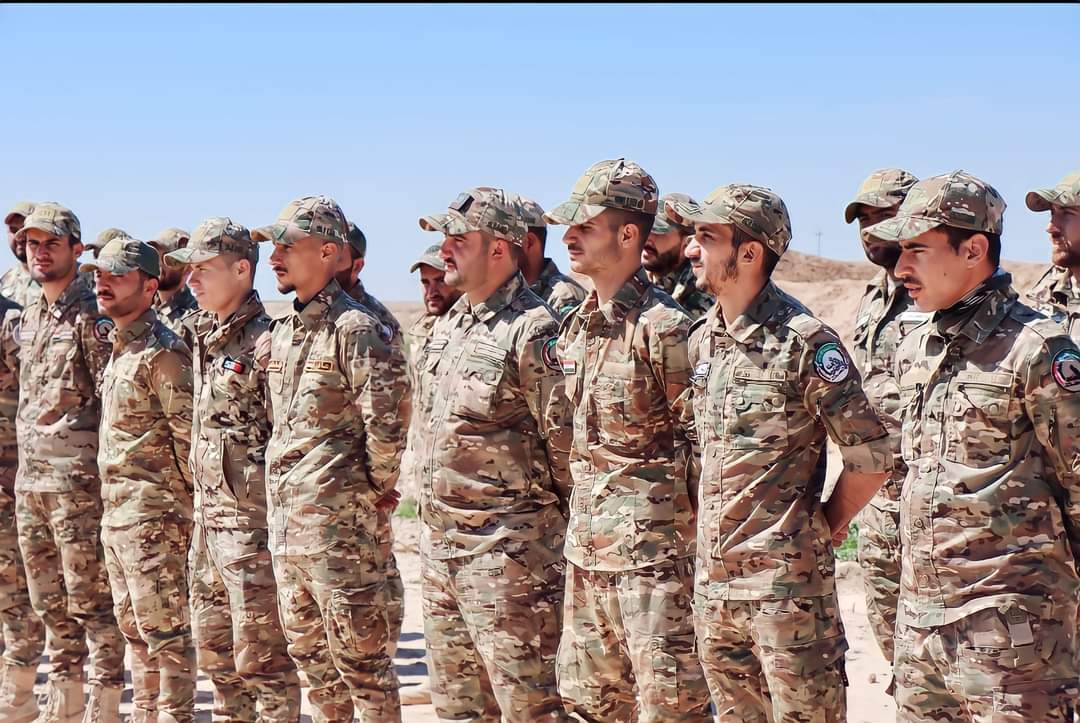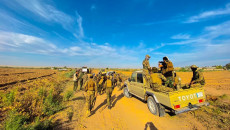The Iraqi government has suspended the Hashid Shaabi known as Popular Mobilization Forces PMF law in the Iraqi parliament, as per the decision of Shiite Political parties and under pressure from the United States of America USA, a member of the Iraqi parliament, informed KirkukNow.
Najwa Kakeyi emphasized that the parliament's presidency has been informed of the law's suspension, resulting in several sessions not being included in the parliament's agenda.
The law, which had reached the second reading, defines the Hashid Shaabi PMF as part of the Iraqi armed forces under the command of the commander-in-chief of the armed forces, with the head of the Hashdi Shaabi being the primary authority.
A report entitled "They are in Control" by Miriam Puttick for Ceasefire Center for Civilian rights published on January 31st, 2022, highlights the role of the paramilitaries, in particular the PMF, following the defeat of the Islamic State of Iraq and Syria ISIS in 2017.
“In Iraq’s disputed territories, government-funded militias are having a destructive impact on governance, economic life, and community relations, according to the report released by the Ceasefire Centre for Civilian Rights.
“The dominance of these militias is acting as a major barrier to the return of civilians displaced by the conflict with ISIS, especially members of minorities.”
Amir Mamouri, another member of the Iraqi parliament, stated that the government's decision was influenced by US pressure, without prior notification to the factions of the Iraqi parliament. He called on the government and parliament to clarify why the bill was "withdrawn" despite reaching the second reading.
The report, entitled ‘They Are in Control’: The rise of paramilitary forces and the security of minorities in Iraq’s disputed territories investigates the newly empowered role of the (PMF) in Iraq’s ethnically and religiously diverse disputed territories. The report looks at the situation in the Ninewa plain, Tal Afar, Sinjar and Kirkuk since the end of the conflict with ISIS.
“The presence of competing and unaccountable armed actors was responsible for widespread violence against civilians in the post-invasion period. Ethnoreligious minorities, which did not have armed groups protecting them, were particularly vulnerable to attack.”






